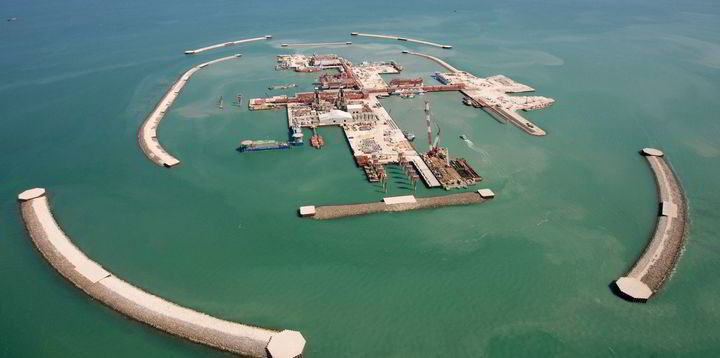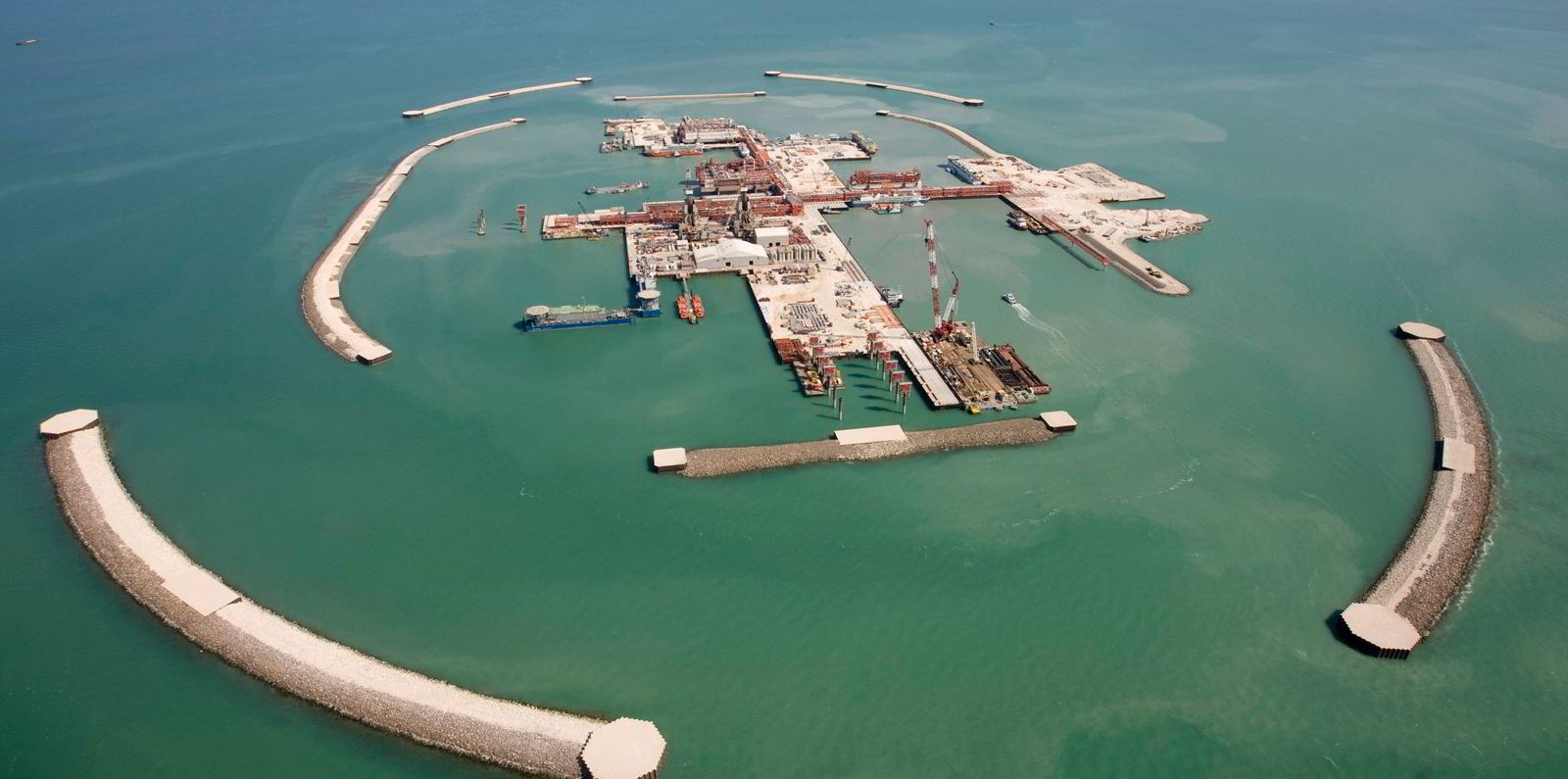North Caspian Operating Company (NCOC) is contesting a huge fine from Kazakhstan authorities over the results of environmental compliance inspections of its offshore and onshore facilities.
NCOC manages Kazakhstan’s second-largest oil development, Kashagan, in the Kazakh shallow-water sector of the Caspian Sea.
Last month, the Atyrau regional department of the Kazakh Environmental Protection Ministry demanded NCOC pay 2.3 trillion tenge ($5.1 billion) fine for alleged compliance violations discovered in its inspections.
However, NCOC has asked the regional administrative court in the city of Atyrau to annual the results of the inspections and the fine, according to Kazakh energy industry social networking channel Energy Monitor.
NCOC reportedly argued that the inspections lost their legal validity when the department made their findings public, because the law says they should not be disclosed until NCOC has exhausted all options of appealing them in court.
The operator also noted that some of the reports of the alleged violations, that served as a basis to calculate the fine, are not dated, according to Energy Monitor.
Article continues below the advert
Additionally, NCOC reportedly denied a major emergency flaring of sour wet gas at Kashagan’s onshore processing plant at Bolashak, which environmental inspectors said took place earlier this year.
Kashagan’s hydrocarbon stream contains poisonous hydrogen sulphide that the Bolashak plant removes before oil and gas is sold to customers.
According to Kazakh court filings, the Atyrau department submitted several claims against NCOC into the regional administrative court in February that were united together into a single case last month.
A next hearing of the case is now expected in May, Energy Monitor said, although no date can be seen yet in records of the case in the court’s database.
NCOC had not replied to a request to comment on the court case when this article was published.
The operator also has another government-related issue to deal with.
Earlier this month, Kazakh Energy Minister Almassadam Satkaliyev confirmed that authorities disputed some clauses of the Kashagan production sharing agreement at an international arbitration.
Astana reportedly wants Kashagan to delay the repaying of some $13 billion of investments, made by Kashagan foreign partners, and that higher tax payments to the Kazakh budget should start earlier than the PSA envisages.
This is seen as an attempt by the Kazakh government to increase the flow of taxes and other revenues from the Kashagan development to the state budget.
NCOC said in a statement that the project’s foreign shareholders — Eni, Shell, TotalEnergies, ExxonMobil, China National Petroleum and Japan’s Inpex — are indeed in “disagreements” with the Kazakh government over the interpretation of some terms of the PSA and that disagreements will have to be “resolved in arbitration”.
The operator said that the joint stance of the foreign shareholders on the PSA interpretation is not backed by Kazakh state national oil company KazMunayGaz, which has a 16.9% shareholding in the project.
The share of revenues from oil and gas developments in the Kazakh budget is expected to decline this and next year, according to a recent World Bank report, whereas social spending by authorities is forecast to rise.
The report said that inflation in Kazakhstan has soared to levels not seen since the late 1990s, largely driven by a sharp rise in food prices and wage increases across various sectors.
The likely causes of a spike in inflation include “sizeable minimum wage adjustments, riots-induced nominal pay increases across sectors and the import prices increases exacerbated by tenge depreciation”, the World Bank said.

